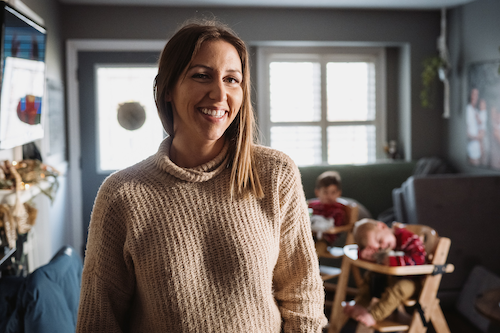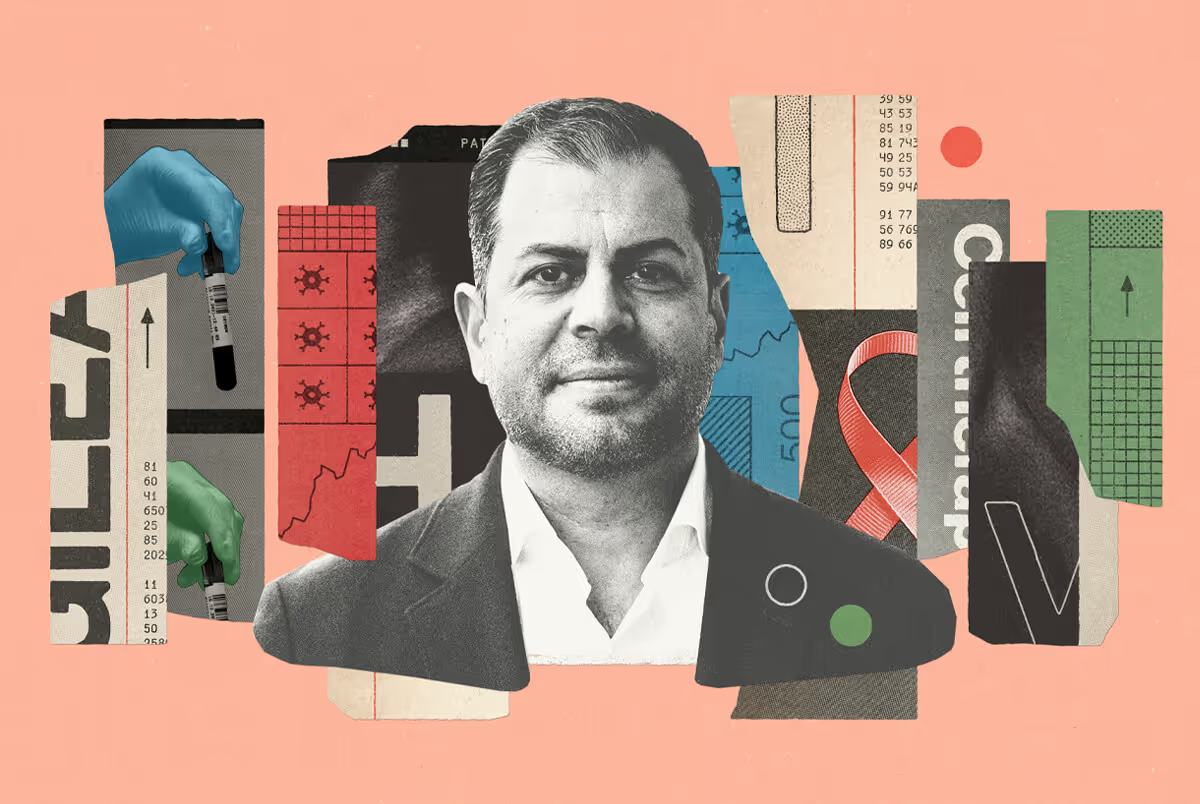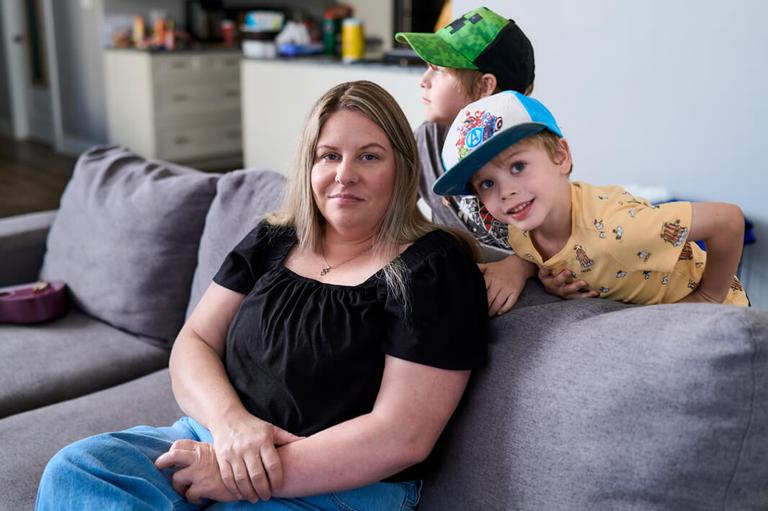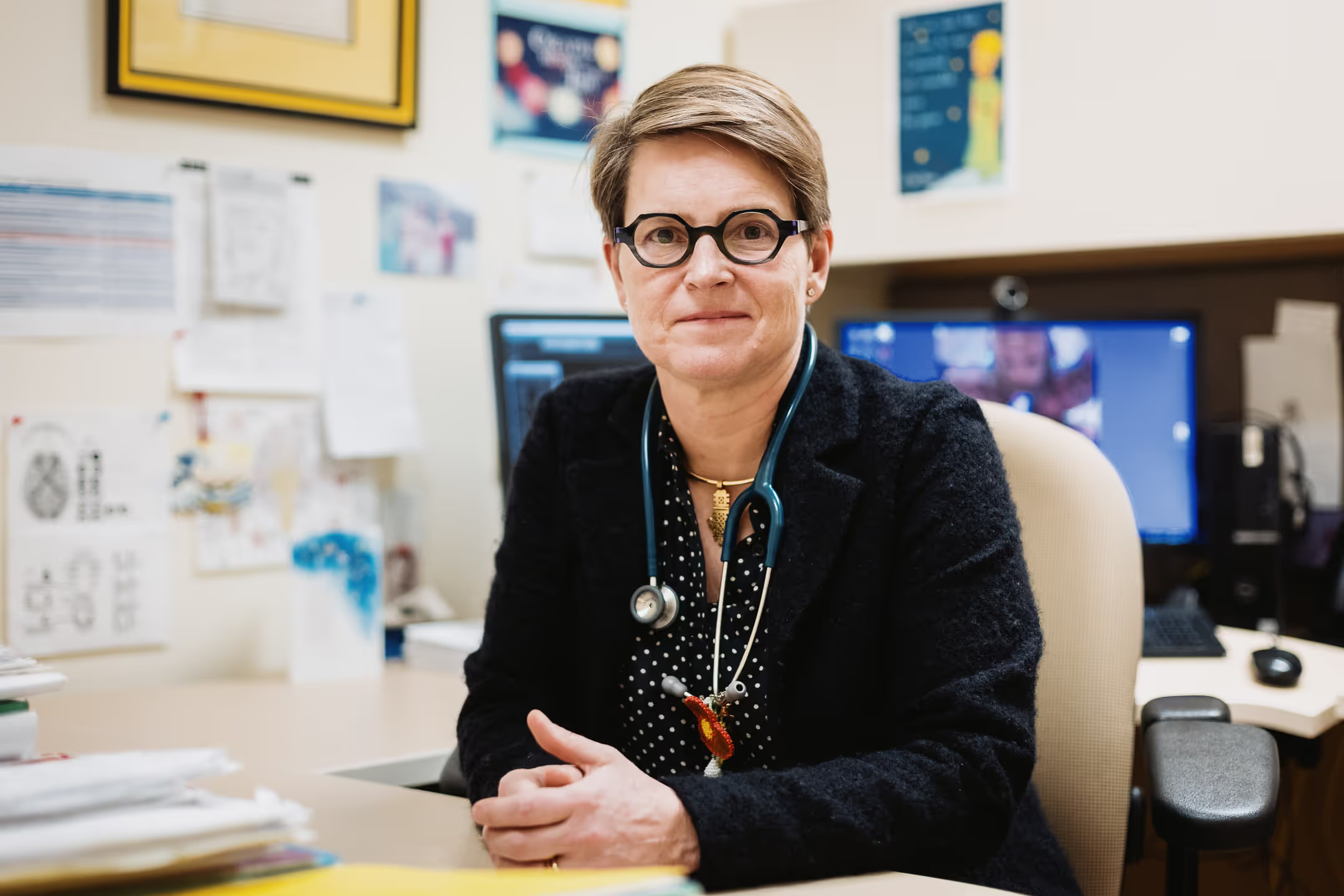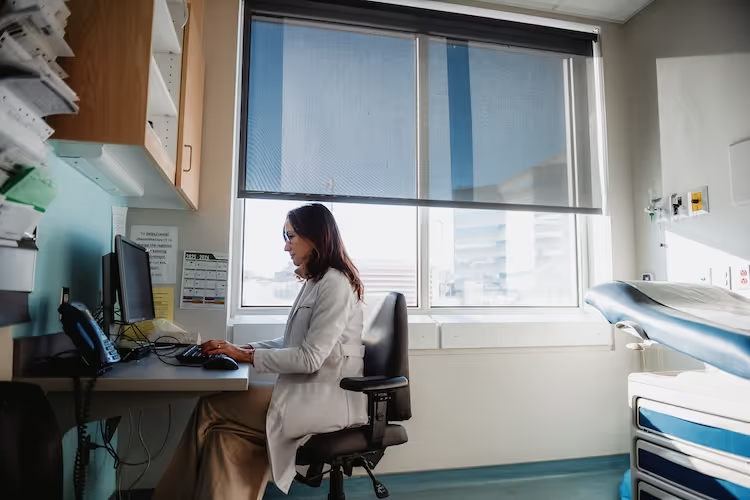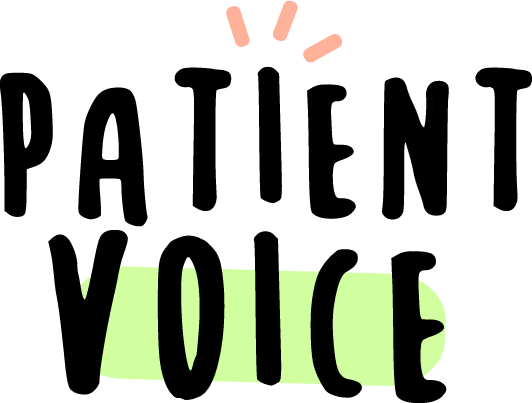“I was 31 when I was diagnosed with lymphoma. You’d expect that to be the headline. But beating cancer ended up being the easy part.
In 2017, partway through my radiation treatment, I started experiencing a persistent ringing in my ears and a painful sensitivity to sound. I’d spent years working in the music industry and in restaurants, so I’d experienced ringing ears. It always went away. But not this time.
“There’s no cure for it, and no escape. Sound is everywhere.”
The tinnitus and pain kept getting worse. Even the everyday background sounds of my own home—people talking, HVAC systems, the fridge—felt, and still feel, like burning acid in my ears.
Hyperacusis, the condition is called. There’s no cure for it, and no escape. Sound is everywhere. None of the traditional approaches to auditory pain helped me, and I was left feeling frustrated and misunderstood.
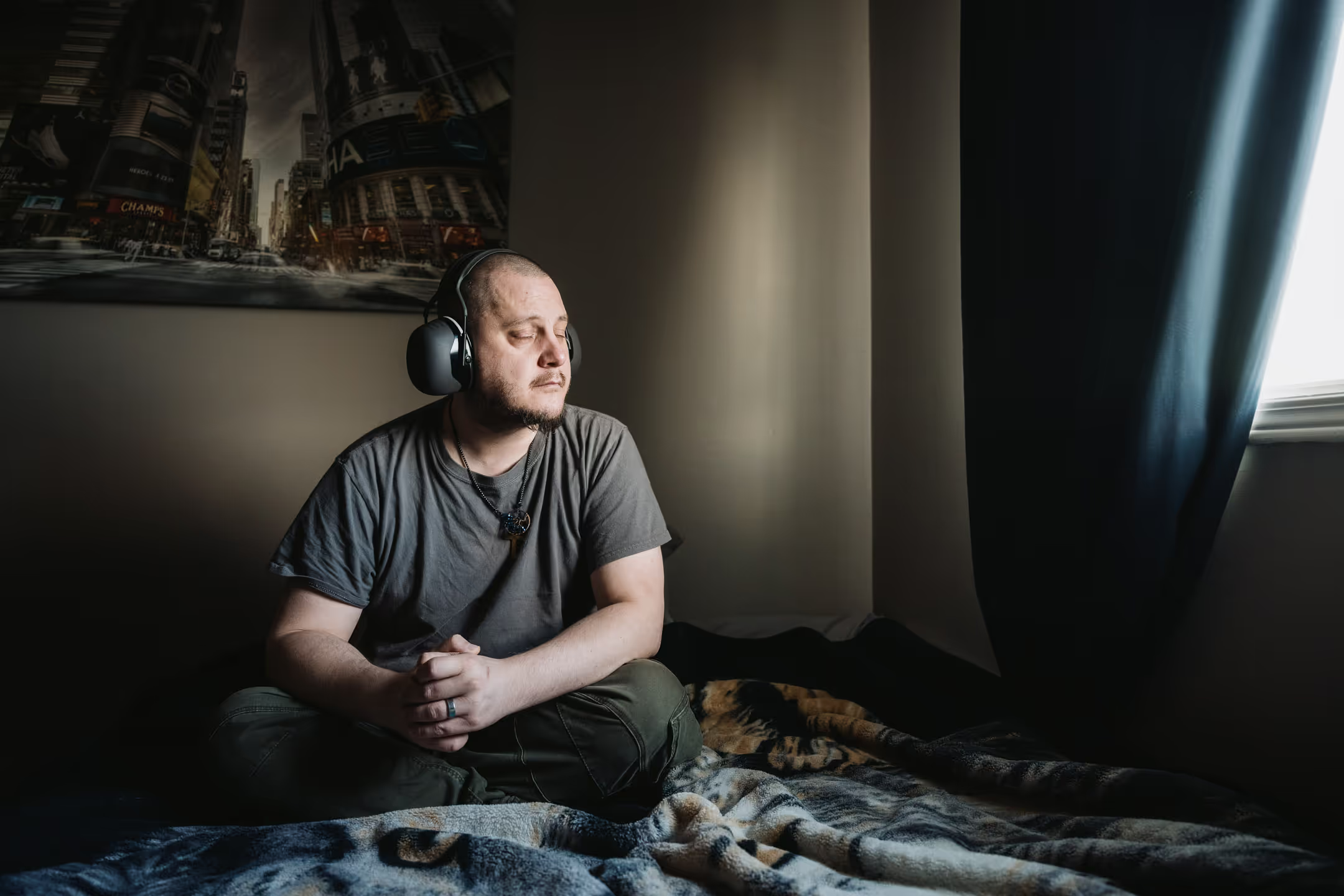
The sounds of the city had become torture, so I fled Toronto for quieter Bowmanville. And I was fortunate to get the permanent disability classification that allowed me to make the move. Hyperacusis is still not globally recognized as a genuine disability. I’m certain the only reason I got on disability at all is because my condition was caused by cancer treatment.
Even out here in Bowmanville, it’s been a challenge, on a disability budget, to create a bubble of silence I can survive in. And it really is a question of survival. This condition is a constant assault on my mental health. A few years ago, I drank an entire bottle of alcohol, swam out to the middle of Lake Ontario, and tried to drown myself because I couldn’t bear the pain.
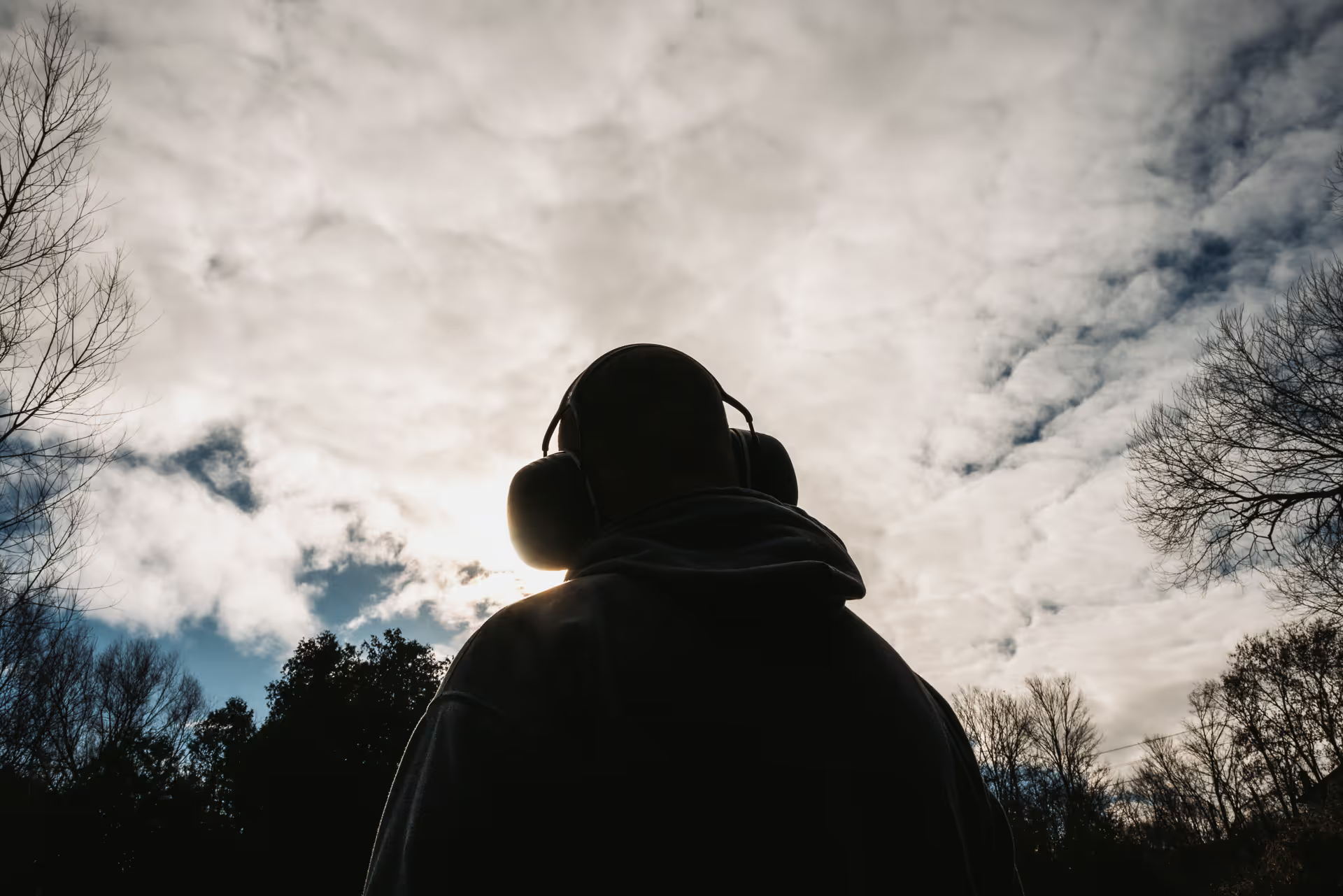
I am glad to still be here, but it’s hard to find hope when just leaving the house is painful. I can’t go to restaurants. I can’t comfortably spend holidays with my family. I can’t even walk down the street except at the quietest hours, and even then with noise-cancelling headphones and ear plugs in. I’ve found practices now that make my life bearable—poetry, photography, meditation, online communities—but it’s still very tough every day.
A friend once said to me, ‘Brother, you beat cancer. Hyperacusis should be a walk in the park.’
I wish that was true. And that the park was very, very quiet.”
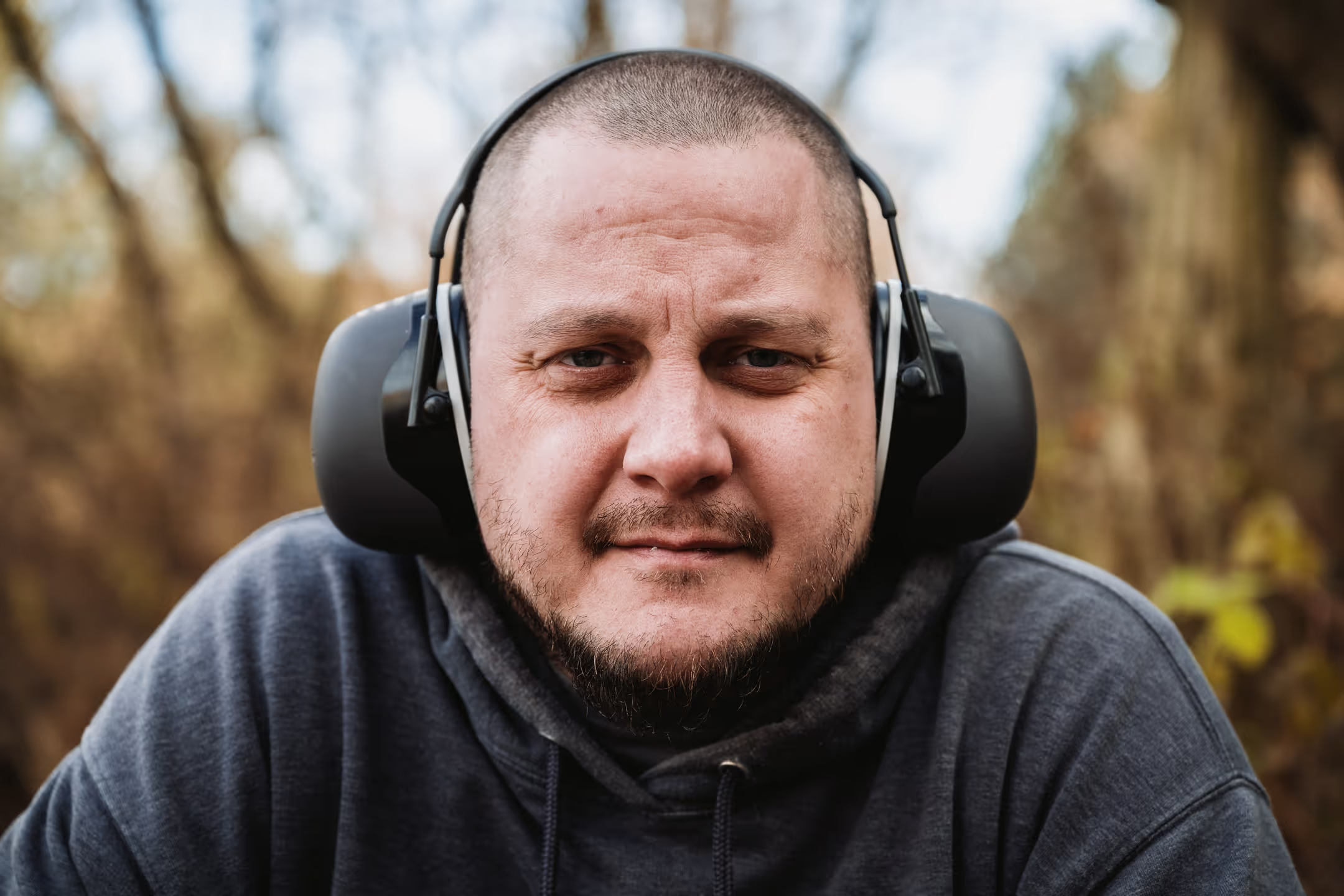
%20(1).jpg)
